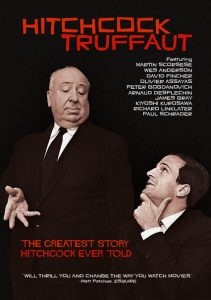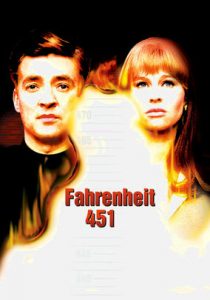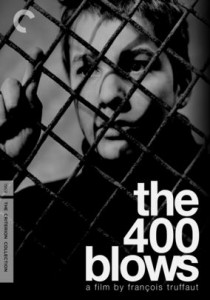Hitchcock/Truffaut -2015
Director Kent Jones
Starring Wes Anderson, Martin Scorsese, David Fincher
Scott’s Review #933
Reviewed August 21, 2019
Grade: B+
A documentary about film and film-making is a worthy watch for any rabid lover of cinema, and when the subject at hand is Alfred Hitchcock, any fan must certainly chomp.
I remember Hitchcock/Truffaut (2015) appearing at my local independent theater at the time of release but missed my chance to see it.
The misstep having been undone, the work is fine, and the result is an abundance of riches, serving as a fly on the wall for those wishing to listen to two geniuses speak, or merely observe the clips of great films and revel in the creativity.
Already possessing a hefty knowledge of Hitchcock does not dull my perspective, nor do I take for granted the appreciation served.
For an entry-level fan of the director or French film director, Francois Truffaut, the title must be added to one’s “to see” list.
The documentary serves as inspiration and fulfillment for cinema lovers. Billed as side-by-side directors in the title, the documentary treats Hitchcock as the teacher and Truffaut as the student, especially given the age difference between the two men.
Truffaut interviewed Hitchcock in 1962 during a lengthy week-long discussion in a windowless Hollywood office, where the former soaked up the latter’s knowledge and points of view like a sponge.
Truffaut was already a well-regarded filmmaker at age thirty-two, with gems such as The 400 Blows (1959) already under his belt.
Truffaut then wrote a book about the conversations with Hitchcock, and director Kent Jones brings it to life in documentary form, telling his audience why the book had a tremendous impact on cinema while teaching the audience a thing or two about the movies.
The production analyzes film-making from technique to style to clothing, actors, and in between. The main crux is the technique Hitchcock used to create tension and suspense, manipulating the audience every step of the way.
A plethora of his films are featured which is a personal joy to see, most importantly the documentary is clever enough to build to Hitchcock’s most memorable sequence of all, the shower sequence in Psycho (1960), the director’s most recent film, and now, easily his most notorious.
Hollywood titans such as Martin Scorsese, David Fincher, Wes Anderson, and Richard Linklater, arguably geniuses, explain the influence that Hitchcock provided them.
Listening to these formidable directors whimsically praise and dissect Hitchcock’s analysis and explain how he led to their blossoming is a wonderful aspect.
Hitchcock/Truffaut (2015) is a treat for die-hard fans of Hitchcock or Truffaut- or both.
Conversations and interviews with other famous directors show the heavy influence, love, and appreciation for an ingenious suspense director and an equally unique French New Wave director.
A thirty-two-year age difference separated the two men, but they appear as natural as close colleagues.
Great minds do think alike.


